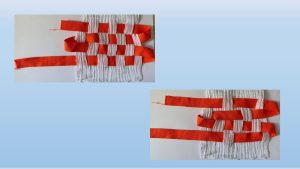
Systematic Visuo-Textual Analysis
I was invited to contribute to the Photovoice Worldwide webinar series to present the Systematic Visuo-Textual Analysis, a framework for analysing visual and textual data.
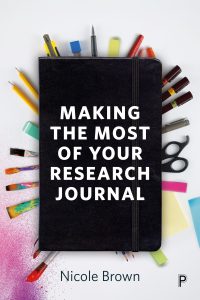
The PhD Life Raft podcast: Reflective journaling
I was invited to contribute to The PhD Life Raft Podcast. My contribution was about research journaling and reflective practice, and the book Making the most of your research journal.

SAGE MethodSpace: Choosing creative methods for research
I was invited to contribute to the SAGE MethodSpace to talk about how I use creative methods, and why I use creative methods, given the population and the nature of my research.
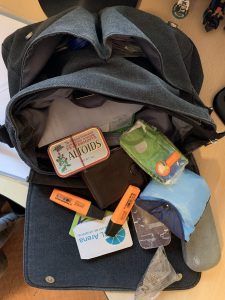
Handbags: representations of identity and memories
Handbags: I am inviting you to take in part in my research project. Information, contact details and consent form available from here.
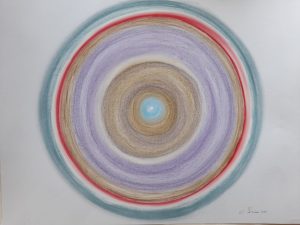
Creative output: This is just to say
This is an example of an ethnographic poem, the output of poetic inquiry and analysis within Embodied Inquiry from my research with academics.

NVivo Podcast Episode 13: Participatory research methods
I was invited to contribute to the NVivo Podcast Between the Data. My contribution was published as Episode 13 "Participatory research methods with identity boxes, photographs and Lego".
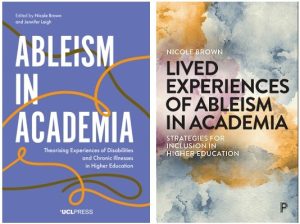
Recordings of ableism events and keynotes
It is with great excitement and pride that I share a list of scheduled ableism events. Celebrating the launch of my two edited books, find here events about Ableism in Academia.
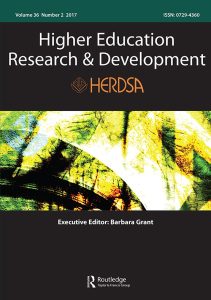
Article: “Where’s the validation?”
This article presents an original engagement with research into emotions in the PhD to ask ‘Where’s the validation?’ by using emotion work as a theoretical foundation.
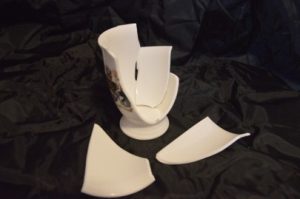
Creative output: “I need duvet days” – Chronically ill academics
This is an example for analysis within Embodied Inquiry from my research with chronically ill academics. The illustrated poem was created from the transcripts of conversations with chronically ill academics and an arts-based approach to making sense of data.
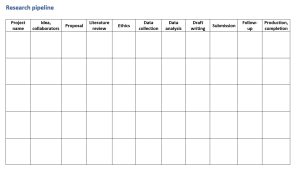
The research pipeline: managing the publications process
This post outlines how to maintain a research pipeline to plan and manage publications systematically and links to a word template.
Using creative methods to collect data in social research
Workshop to explore creativity within research and to identify opportunities to use creative methods within the research process.
Analysing data that has been collected using creative research methods
Workshop to consider analysis in qualitative research with a specific focus on how to treat and deal with data that is not textual, but comes out of the use of creative methods (drawings, paintings, pick-a-card, models, etc.)
Emotions and the role of reflexivity in qualitative research
Workshop to explore the role of the researcher and more specifically, the researcher's emotions within the process of qualitative research.
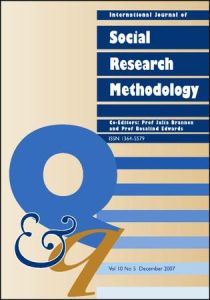
Article: Identity boxes: objects as data collection
This paper considers the use of identity boxes as a data collection method to elicit experiences.

Article: “Listen to your gut”: a reflexive approach to data analysis
This paper seeks to exemplify a reflexive approach to data analysis that accounts for the researcher’s positionality as well as the increasingly untraditional, unconventional data stemming from creative data collection methods.
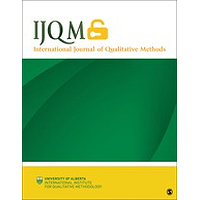
Article: My challenge of developing a creative research methods network
This article is an invited editorial in the Diverse Voice Series of the journal. The editorial outlines the difficulty of building a network of like-minded researchers when engaging in arts-based approaches.